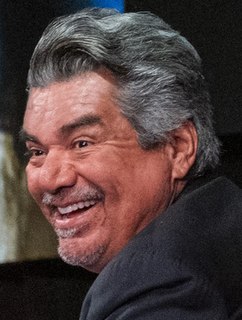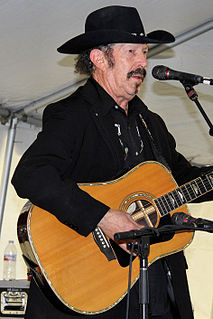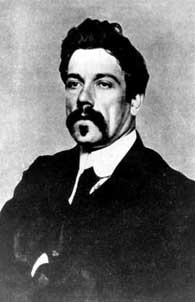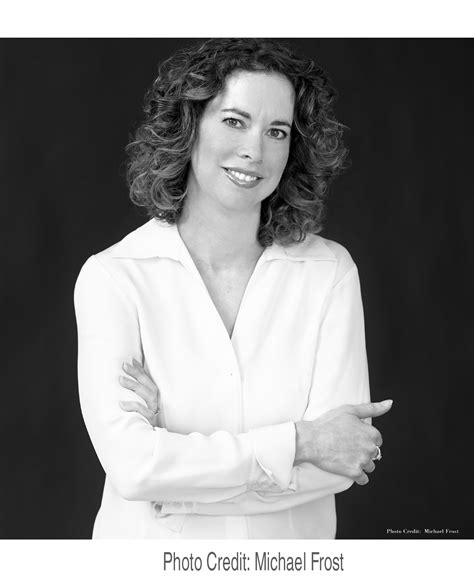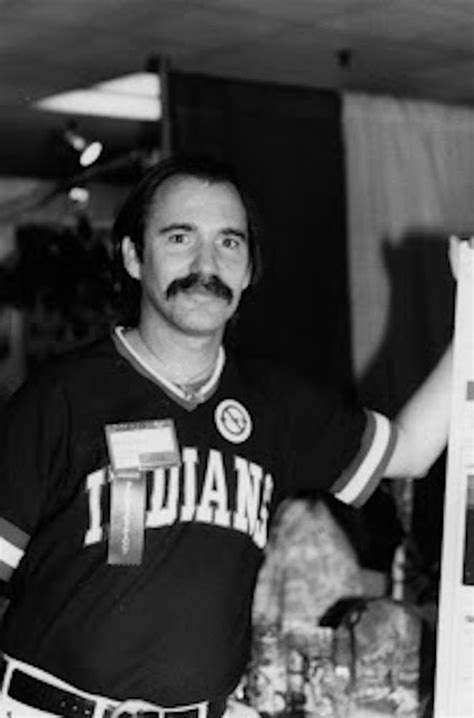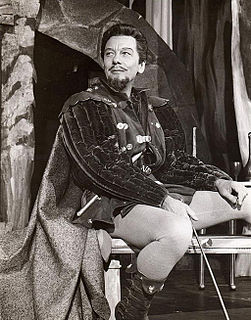A Quote by Catherine Camus
In publishing The First Man I said to myself, 'this is going to be awful,' but awful from the point of view of the criticism. I'm not afraid of [Albert] Camus' public. I'm afraid of what will be written in the papers.
Related Quotes
We're just afraid, period. Our fear is free-floating. We're afraid this isn't the right relationship or we're afraid it is. We're afraid they won't like us or we're afraid they will. We're afraid of failure or we're afraid of success. We're afraid of dying young or we're afraid of growing old. We're more afraid of life than we are of death.
What the articles which have been written about The First Man propose is humility. The acceptance of these contradictions. Seeking an explanation is death. The lie is death in [Albert] Camus. That's why in Camus' play The Misunderstood the son dies, killed by his sister and his mother, because he lied. He never told them who he was. They killed him because they didn't recognise him.
You missed the point completely! You're acting..." The word stuck in my throat. He didn't hesitate to say it. "Jealous?" When I nodded, he continued. "Now you're missing the point. It isn't jealousy. It's fear." "Fear?" Not the emotion I expected. "Yes. Fear. I'm afraid you'll be hurt or killed. I'm afraid I won't be able to protect you. I'm afraid I'll lose you to another man.
Do not be afriad! I can see that Americans are not afraid. They are not afraid of the sun, they are not afraid of the wind, they are not afraid of 'today'. They are, generally speaking, brave, good people. And so I say to you today, always be brave. Do not be afraid. Do not be afraid. God is with you. Do not be afraid to search for God-then you will truly be the land of the free, the home of the brave. God Bless America.
During the '80s, those you would call the young philosophers of France, such as Bernard-Henri Lévy and [André ] Gluxman, pointed out that Camus had said things no one wanted to hear in the political arena. They said it was [Albert] Camus who was right, not those who had slid under the influence of Sartre, that is to say an unconditional devotion to Communism as seen in the Soviet Union. And ever since then the evaluation of Camus has continued to modify up until today

